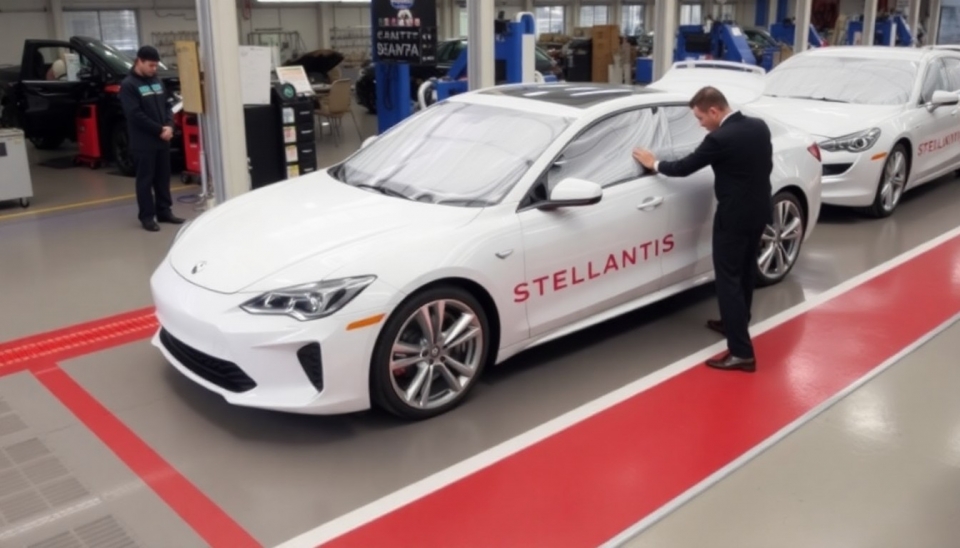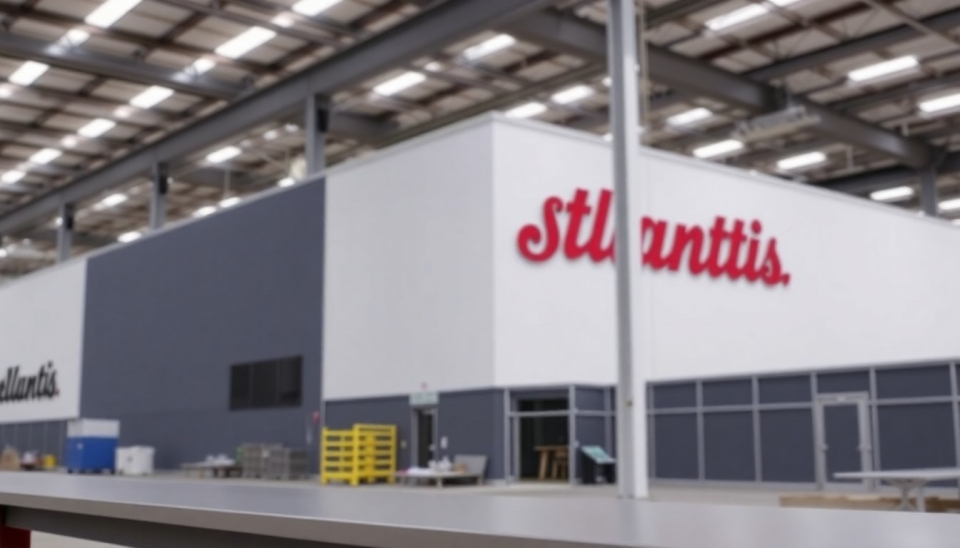Core of the Auto Industry: Stellantis Halts Production Due to Trump Tariffs

Recent changes in international trade policy have led to unexpected consequences for American automaker Stellantis. The company, formed from the merger of FCA and PSA, has been forced to temporarily idle its plants due to 25% tariffs on imported vehicles imposed by former President Donald Trump's administration. These tariffs affect cars made outside the U.S., resulting in a significant increase in production costs.
In light of these new economic conditions, Stellantis decided to suspend production at its plants, which company representatives say will help reduce financial losses. In other words, under the increased pricing pressure on Stellantis vehicles and the necessity to comply with tariff regulations, management chose to optimize operations and temporarily close certain manufacturing facilities.
This decision also has direct economic implications for jobs and local communities where the plants are located. The idling of plants may lead to job cuts or reduced wages for employees, raising concerns among unions and local authorities. In response to these events, Stellantis officials emphasize that this measure is temporary, and they hope to restore production and return to normal operations soon.
The global economy, grappling with the repercussions of the pandemic, is already facing tough times, and the introduction of tariffs only exacerbates the already challenging situation for major manufacturers. It is expected that other automakers will also be forced to take similar measures in response to economic conditions worldwide. Therefore, the impact of tariffs on the automotive economy could prove to be quite serious.
In conclusion, in the changing landscape of the automotive industry, it is tragic yet essential to consider the influence of external economic factors on manufacturers, such as import tariffs that can threaten jobs and local economies.




